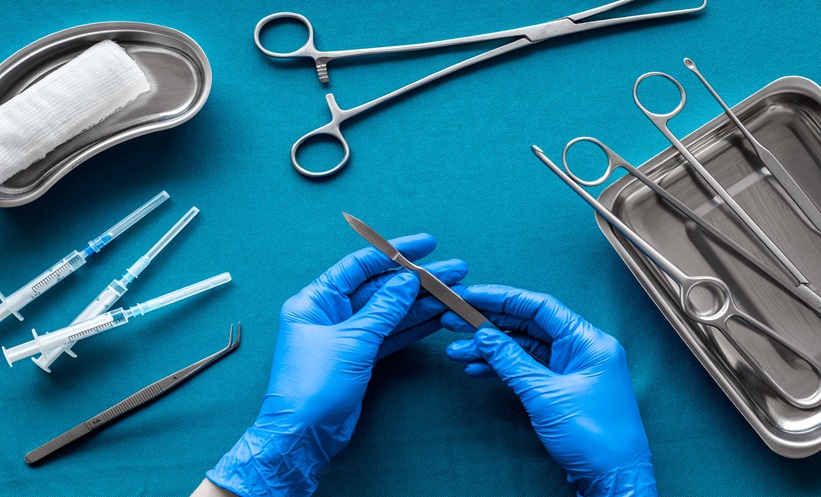GREATER familiarity among surgical teams significantly improves outcomes in renal, bladder, and prostate cancer procedures, according to a new study assessing team membership and cohesion. Researchers analyzed peri-operative times, hospital stays, and readmission rates across more than 1,000 urologic oncology surgeries and found that consistent team pairings led to measurable gains in efficiency and patient recovery.
The study examined 1,043 patients treated at Sheffield Teaching Hospitals between 2021 and September 2024, involving 319 staff members and nearly 3,800 team combinations. A validated familiarity score was applied to assess the level of consistency between seven key team members. Higher scores correlated strongly with shorter operative times, reduced hospital stays, and fewer readmissions within 30 days.
Teams with the highest familiarity demonstrated a mean length of stay of 1.94 days compared with 5.3 days in less familiar groups. Readmissions within 30 days were nearly halved at 4.1% versus 8.0%. Across surgical specialties, greater familiarity translated into notable time savings, including 26 minutes for renal procedures, 44 minutes for bladder surgeries, and 13 minutes for prostate operations.
Regression analysis reinforced these findings, showing that each unit increase in the familiarity score reduced total case time by nearly 2 minutes. The largest efficiency gains were seen when two surgeons had previously operated together, saving an average of 40 minutes per case. Anesthetic familiarity also contributed to efficiency, reducing both room duration and delays in leaving the operating theatre.
The investigators concluded that strengthening surgical team consistency could meaningfully enhance operating theatre efficiency and patient outcomes in urologic oncology. Shorter operative times and faster discharges may allow hospitals to optimize capacity while minimizing risks associated with prolonged hospital stays.
Reference: Roberts I et al. Renal, bladder and prostate cancer surgery outcomes with respect to team familiarity. BJU Int. 2025 Sep 4. doi: 10.1111/bju.16920. Online ahead of print.








